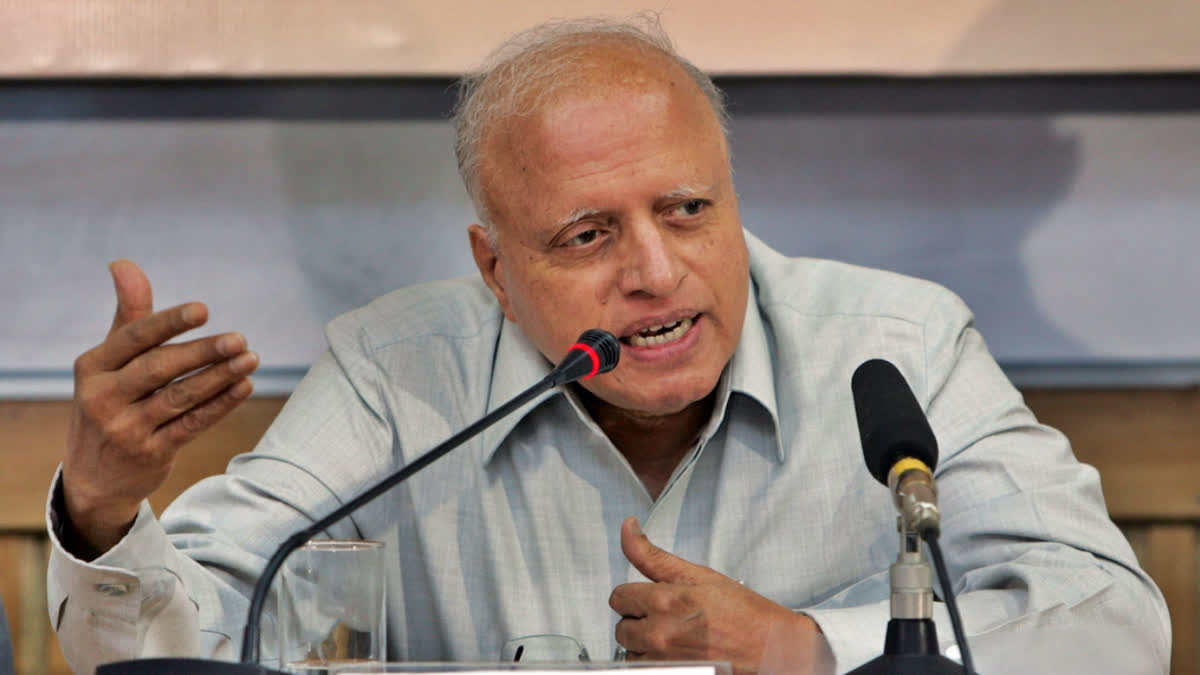Chennai:The colossal loss of human lives in the Bengal famine reported daily in the newspapers had a profound impact on the young Swaminathan to do something to alleviate hunger and poverty. Those years were a tumultuous period of the freedom struggle and his family had embraced Gandhian values of swadeshi and self-reliance.
Though groomed to be a doctor so as to manage the hospital established by his late father in his native Kumbakonam, he opted otherwise and joined the Agricultural College in Coimbatore, not considered an aspirational programme, unlike medicine. Then after, there was no looking back.
“We were all idealistic at that time, I thought the best way to serve the country would be on the food production side,” he had said earlier recalling that even the principal of the Agricultural College, now Tamil Nadu Agriculture University, had asked him why he had come there given the good marks secured by him.
Within agriculture, he decided to take up genetics. For higher studies, he first moved to Holland with a fellowship and then to Cambridge for doctoral research after which the destination was the United States. But, he returned to India declining a lucrative academic career at the University of Wisconsin, to apply what he had learned abroad.
Though hailed as the father of 'Green Revolution', Swaminathan would prefer that he is the 'proud father of three daughters' – Soumya, Madura, and Nitya. The concept of swadeshi greatly influenced him early in his childhood since his mother, Paravati Thangammal, who used to spin khadi for an hour every day, made them follow suit. “It was compulsory at home,” he had once recalled, adding that his father, MK Sambasivan, was a freedom fighter who had fought for temple entry of Dalits among other things.
The rationale for the Green Revolution was the need for the country to become self-sufficient in food production. “Before the green revolution, we were entirely dependent on imports for food grains. We imported 10 million tonnes of foodgrains in 1966 and an independent foreign policy was not possible till there was dependence for food,” was his reasoning. Very much concerned about the excessive use of fertilisers, pesticides, and depletion of groundwater, he had warned against exploitative agriculture the way it took place primarily in Punjab and Haryana as well as Western Uttar Pradesh.
